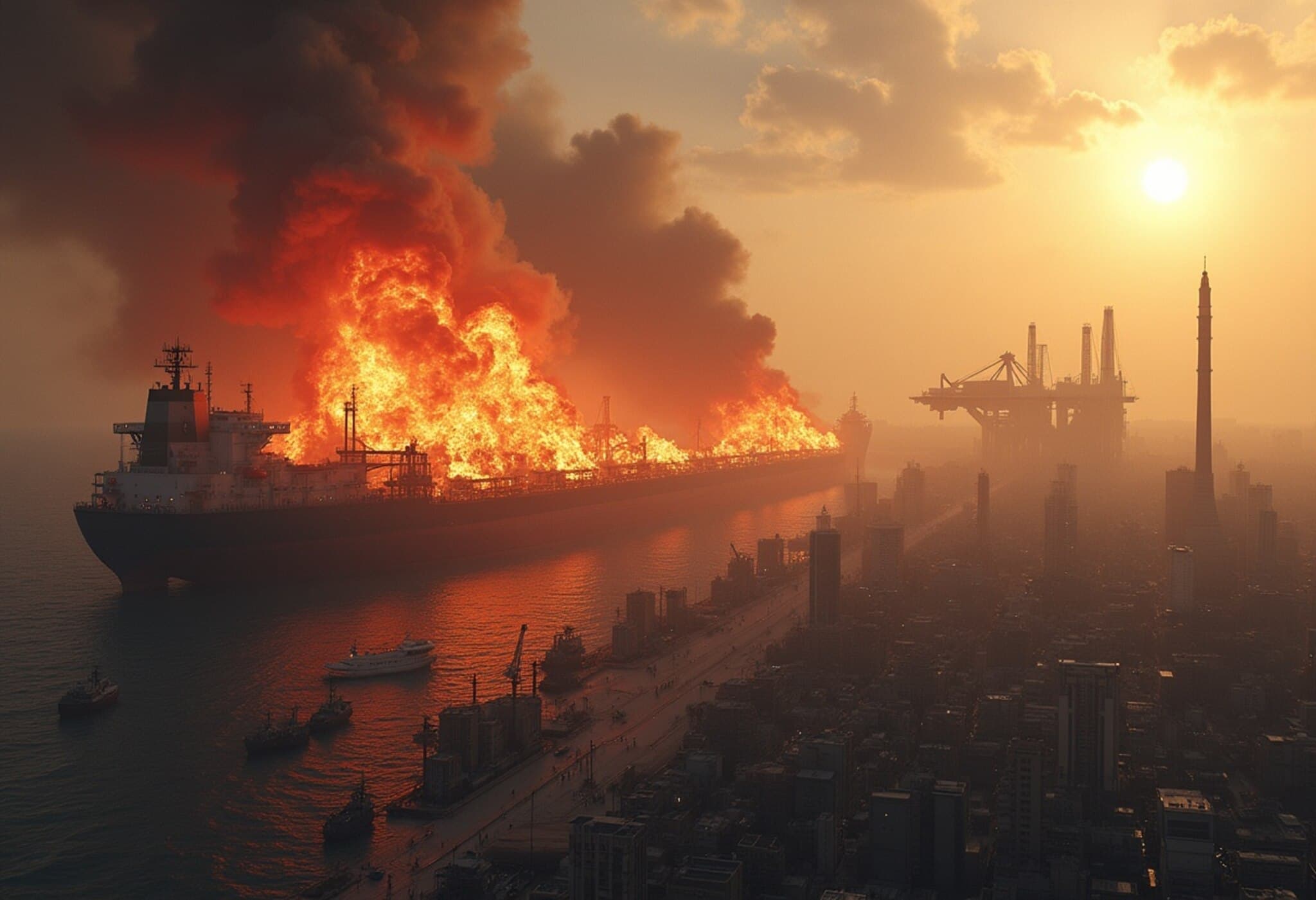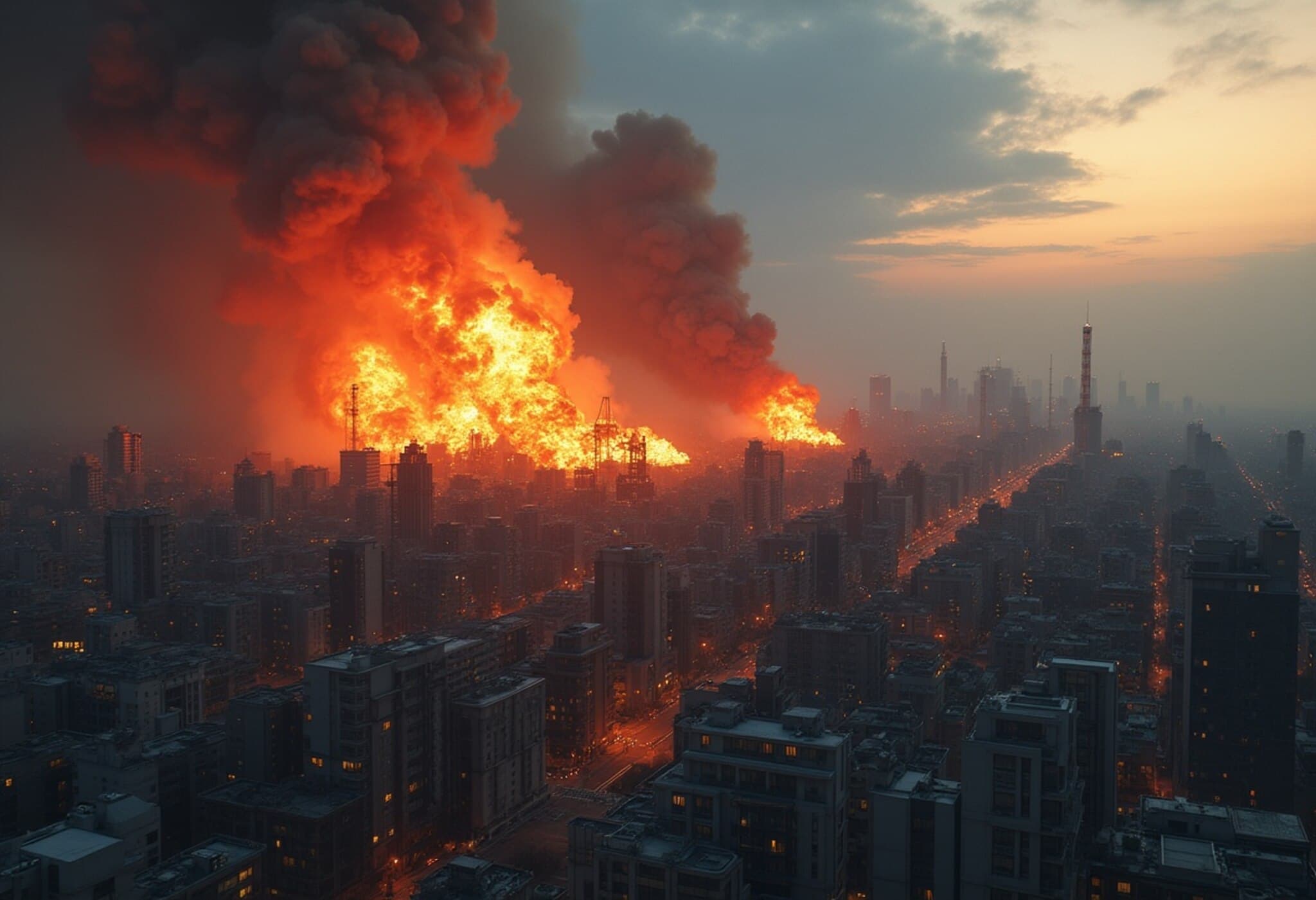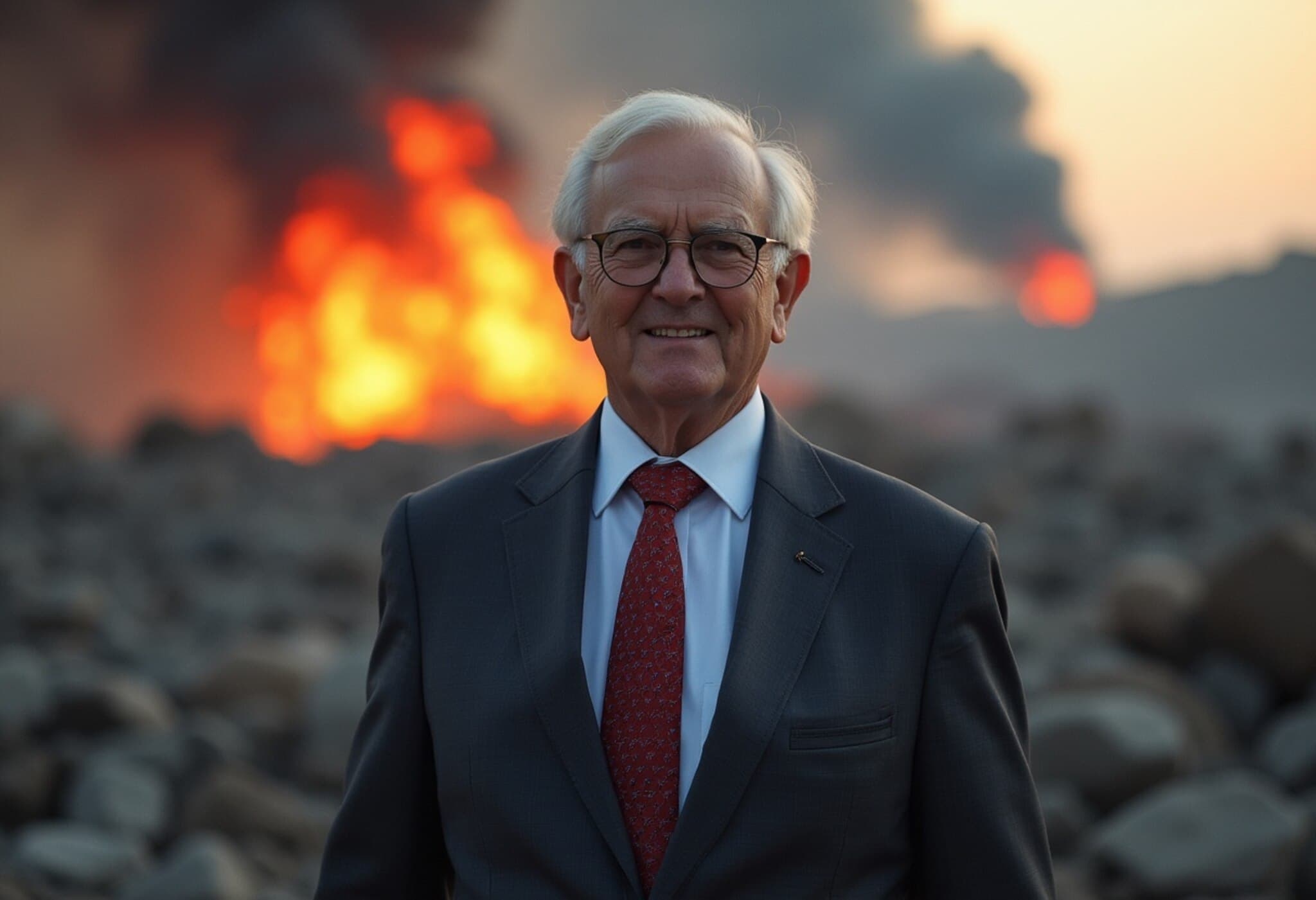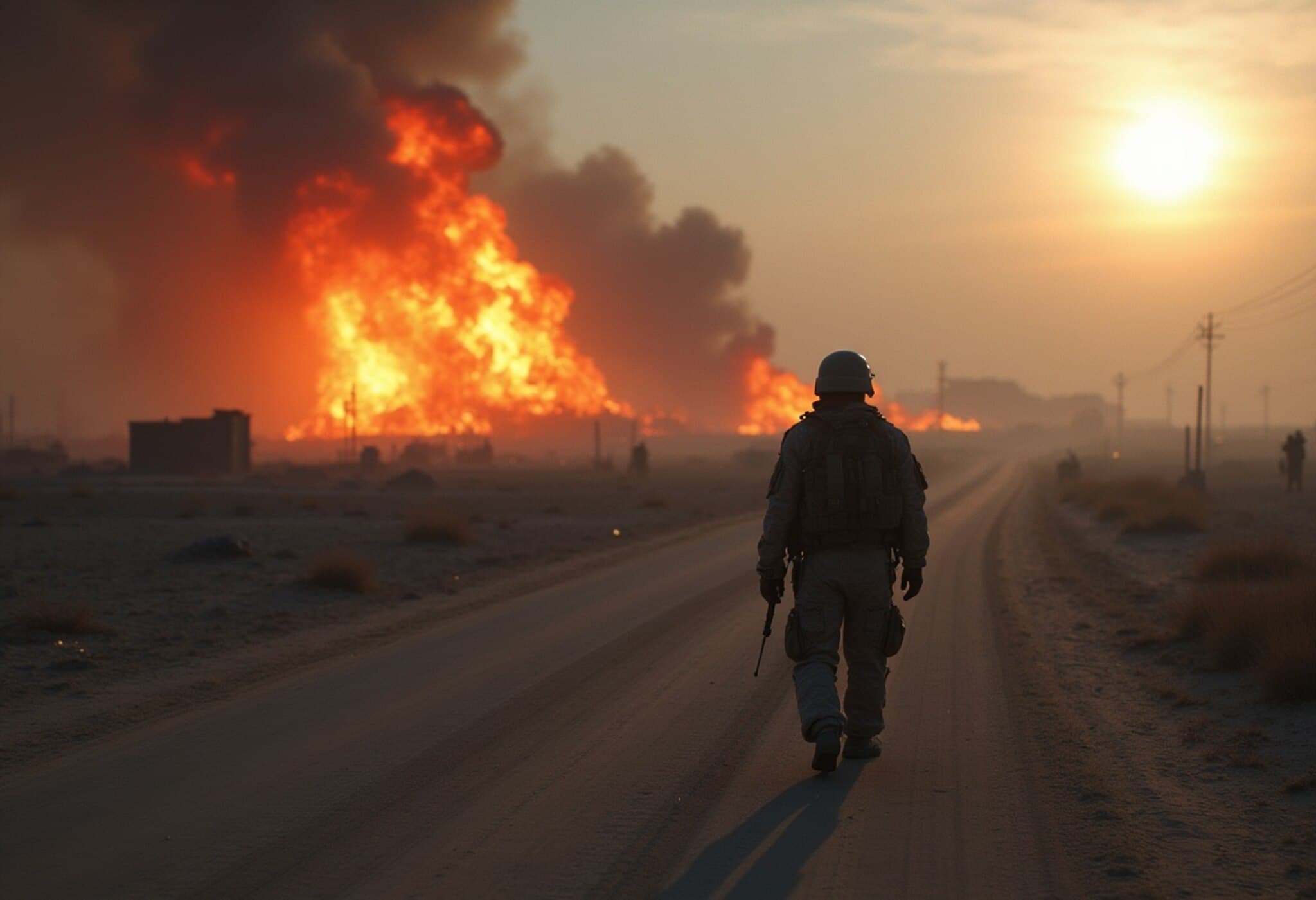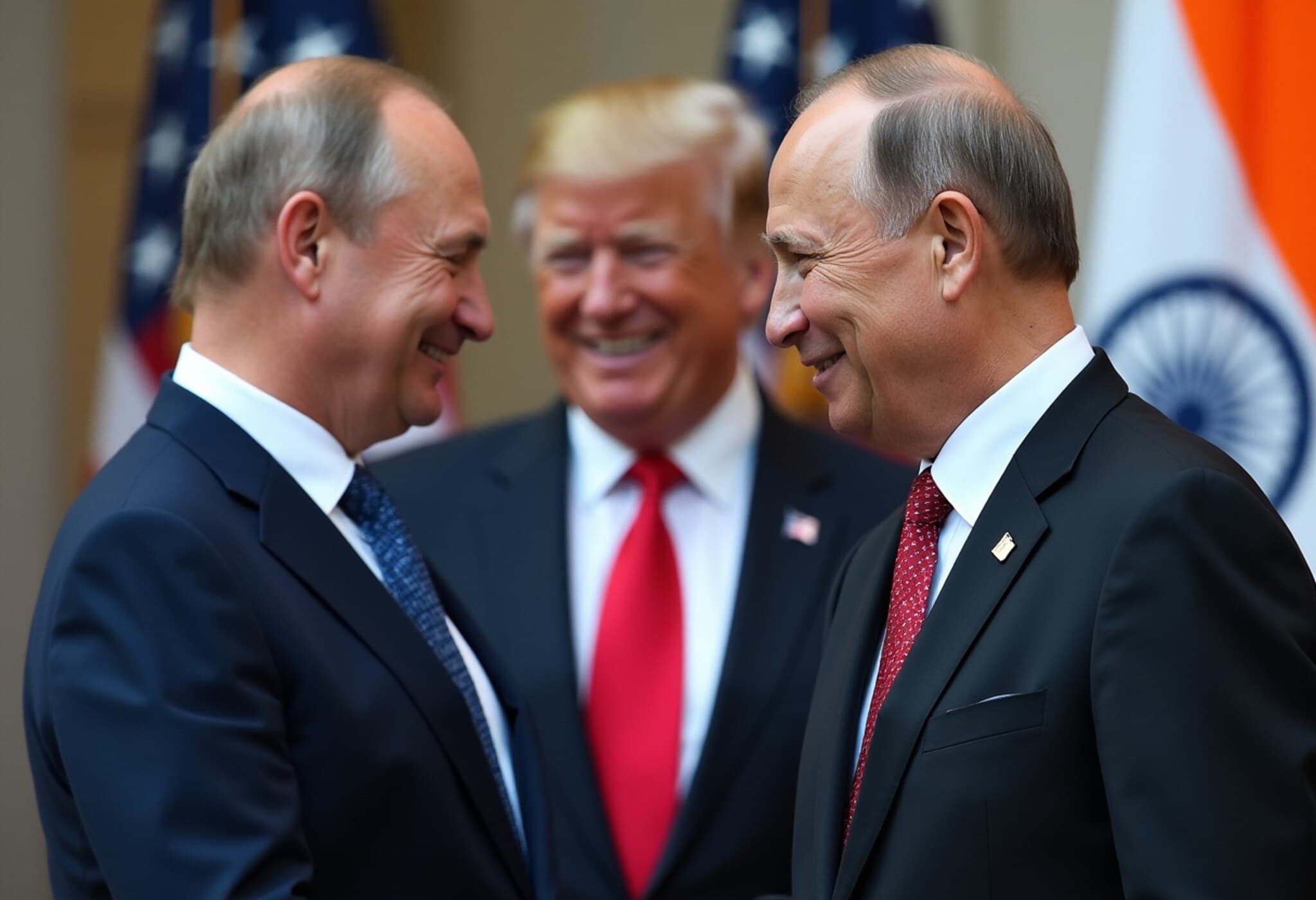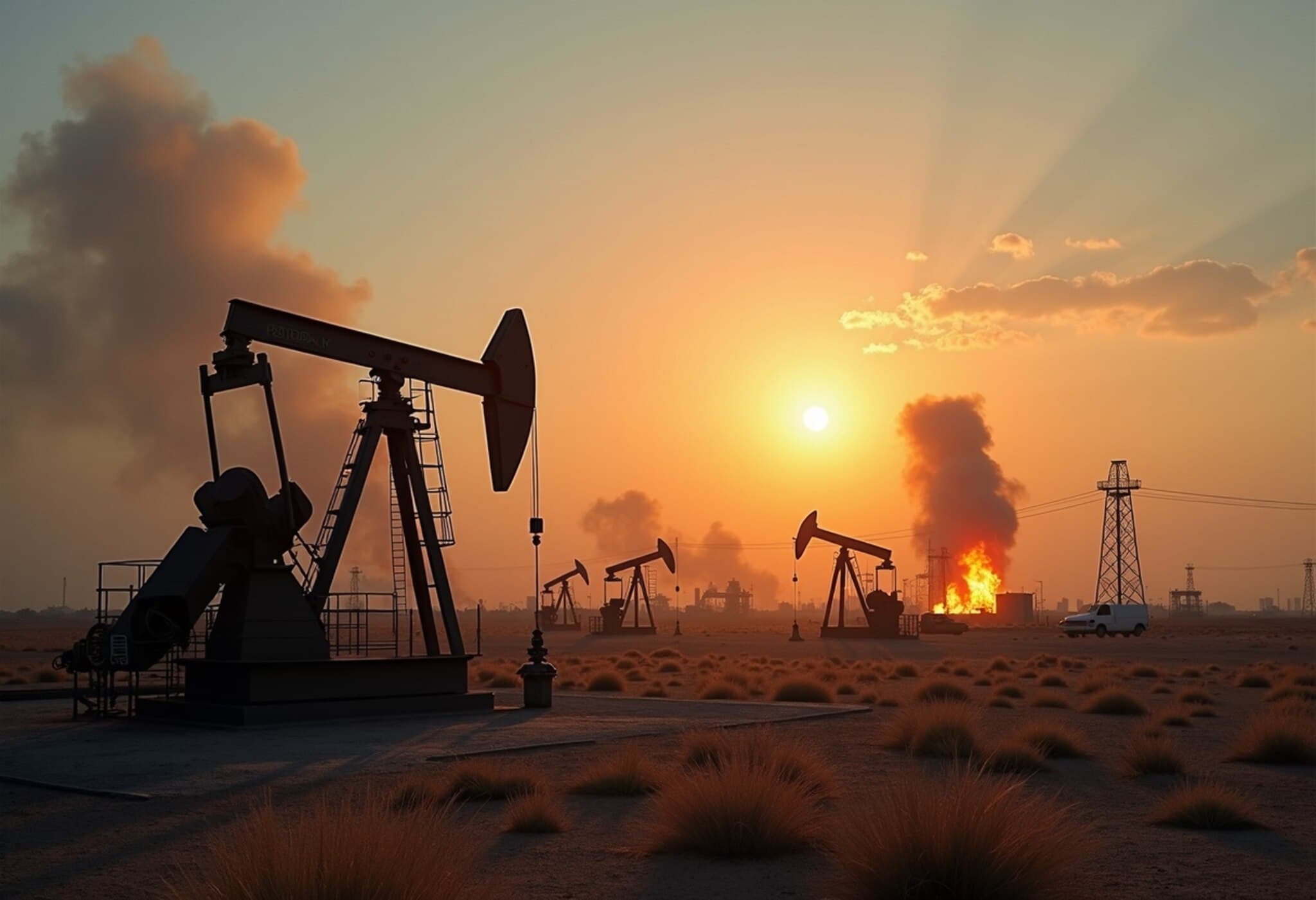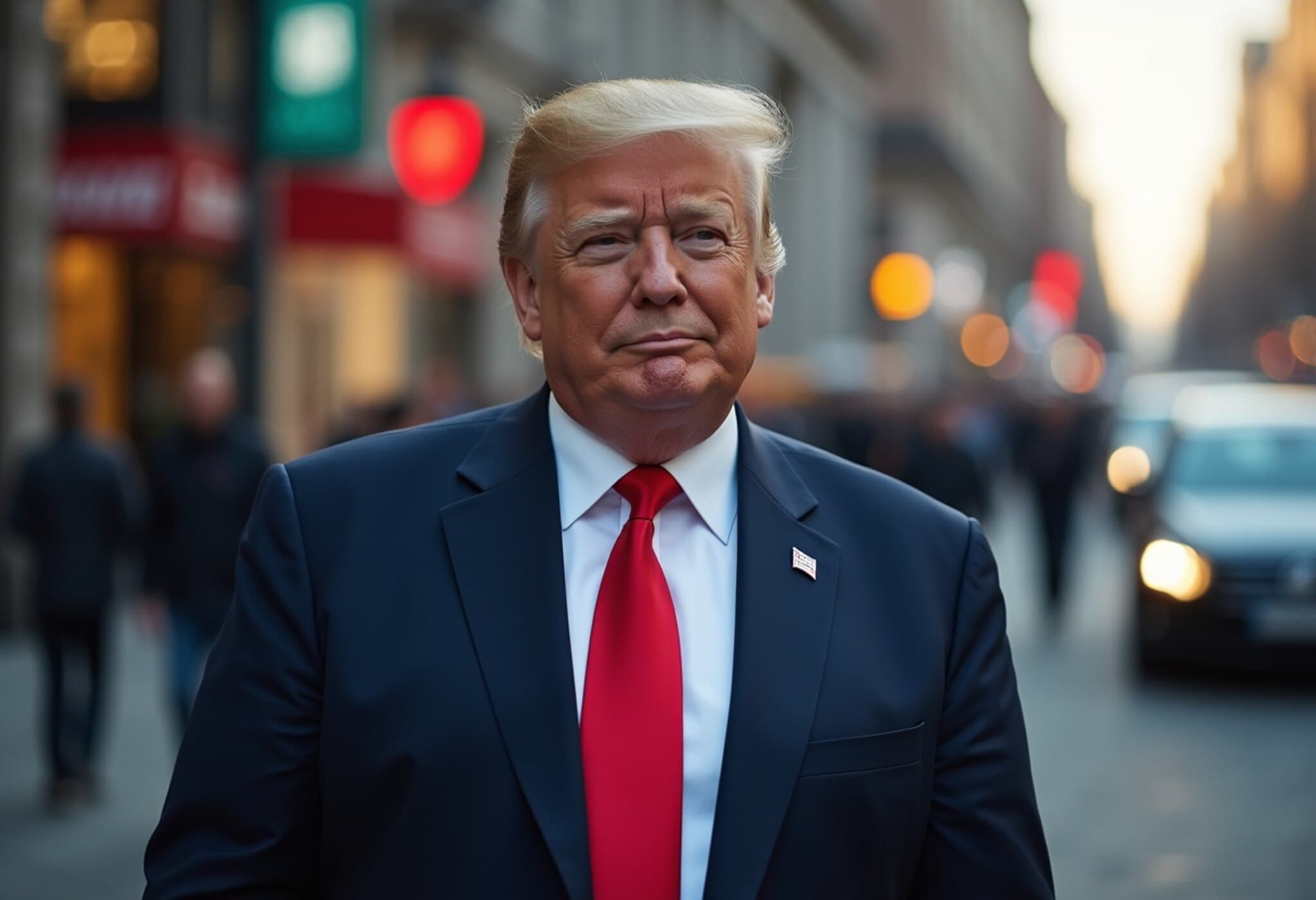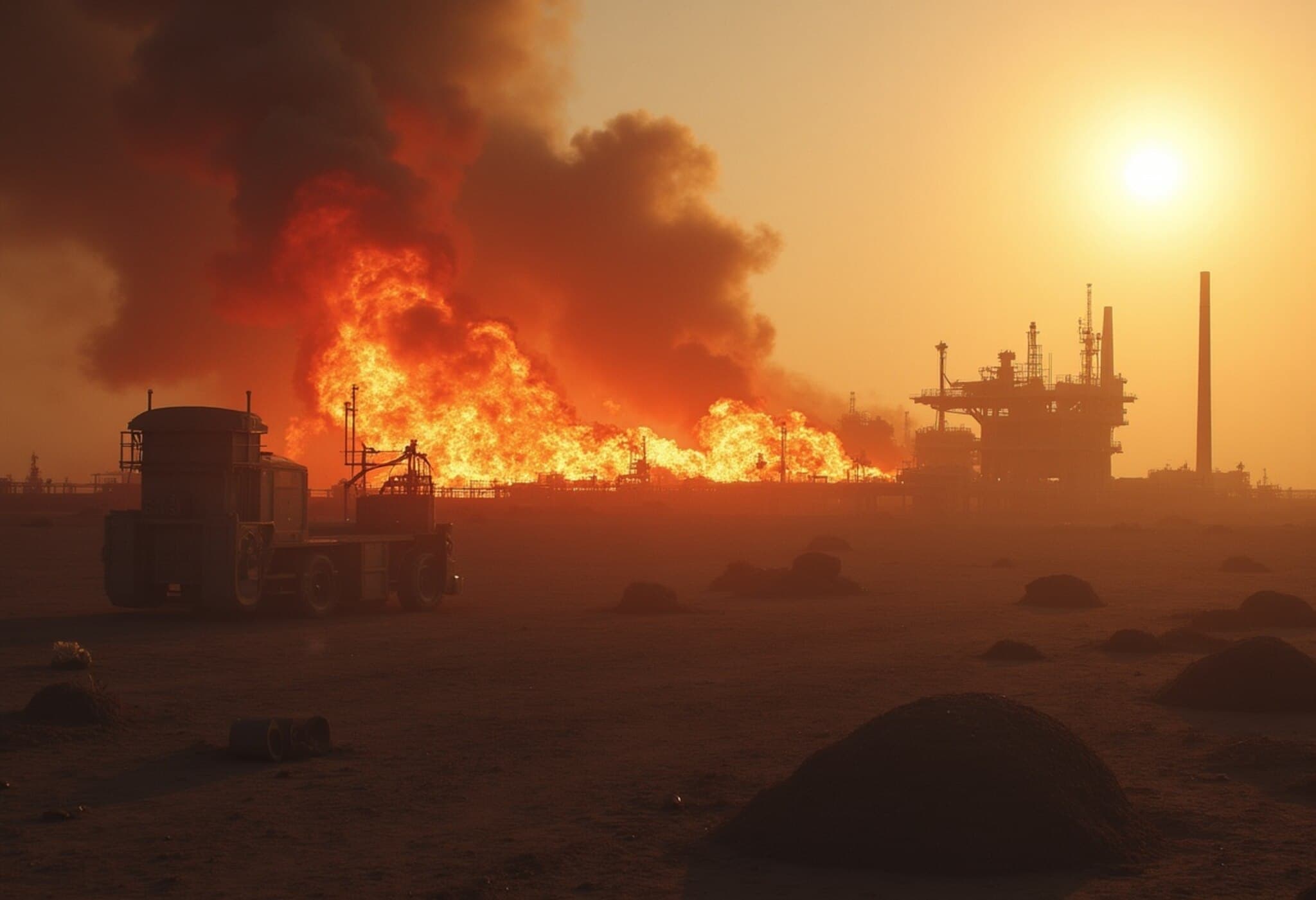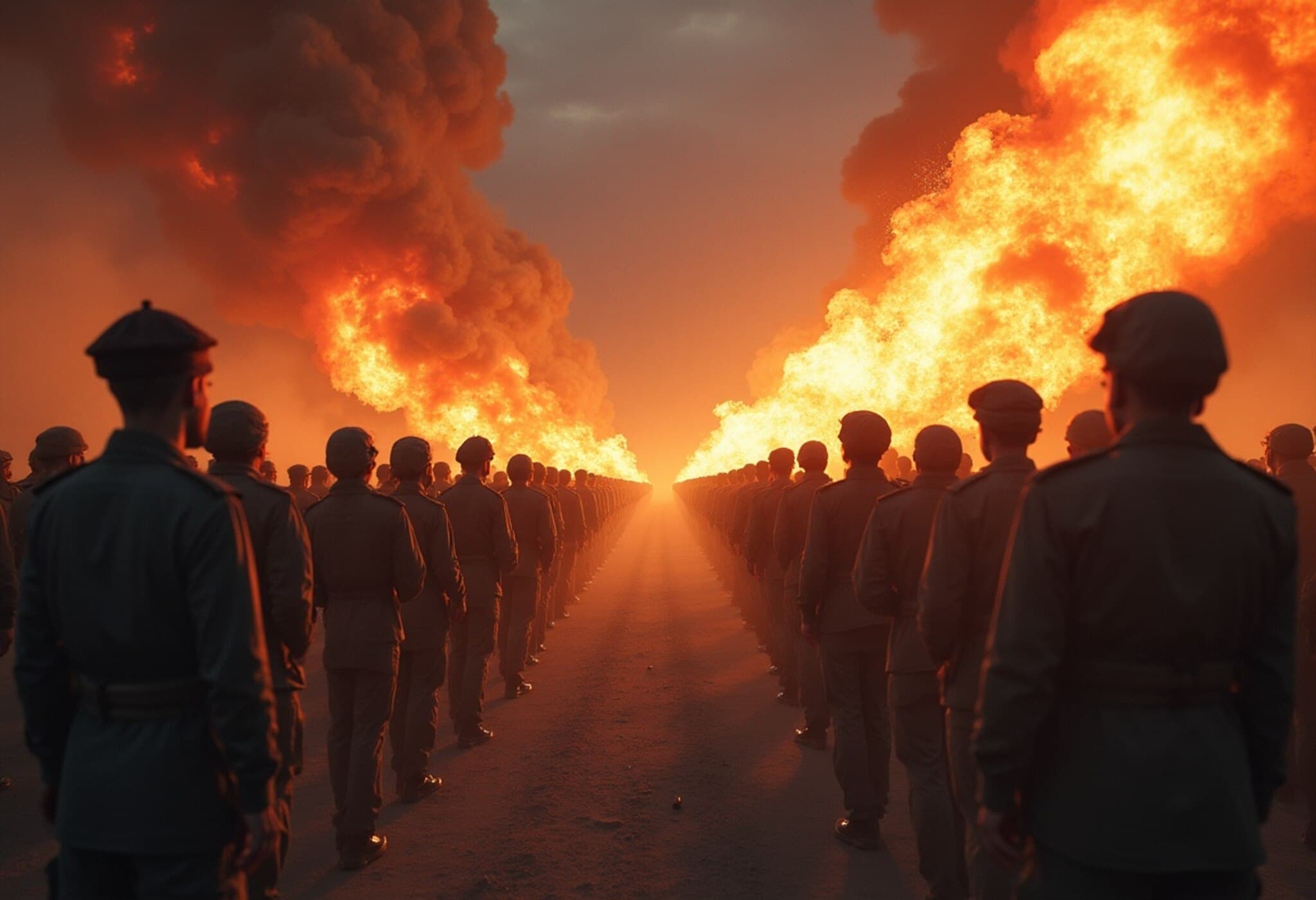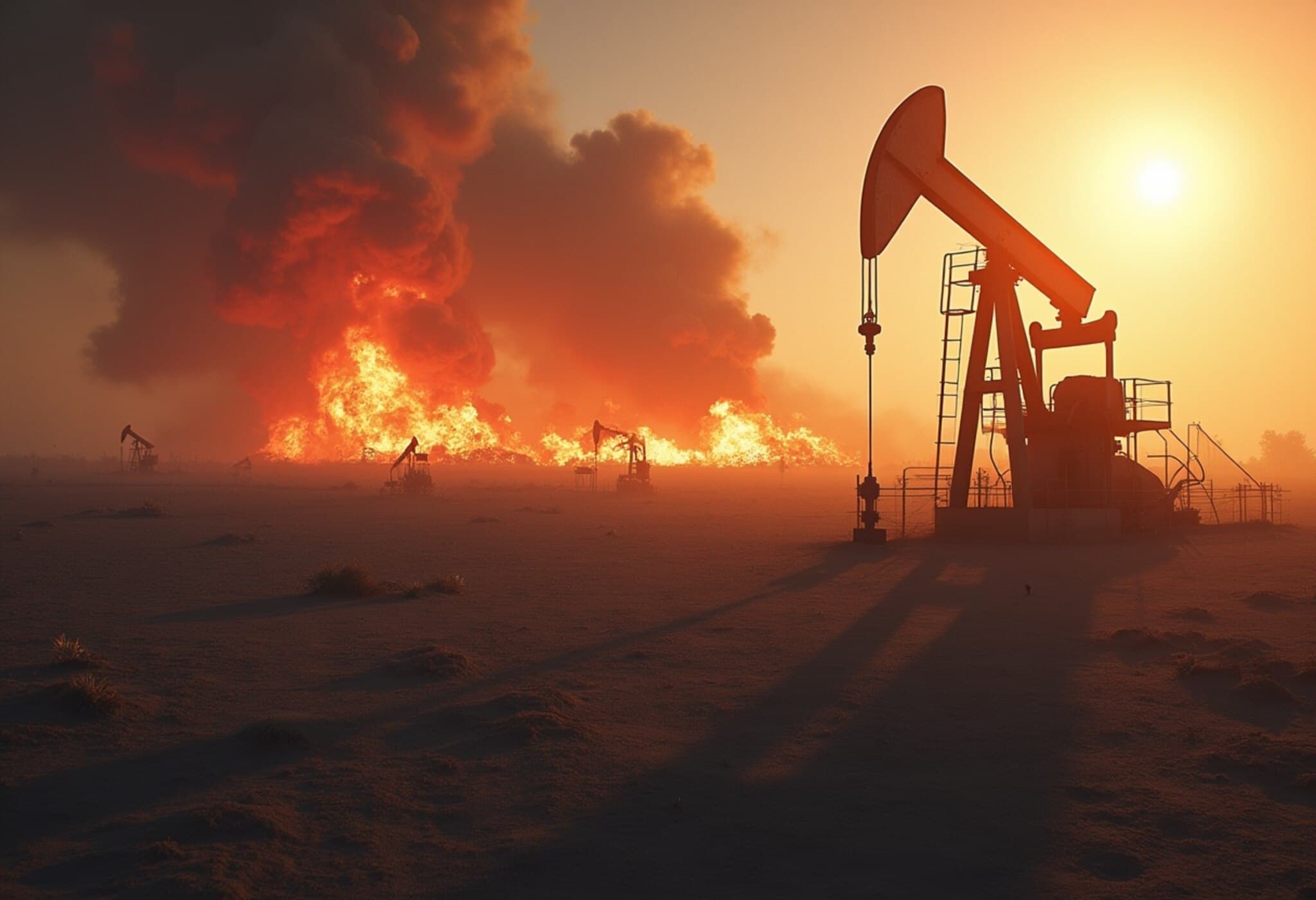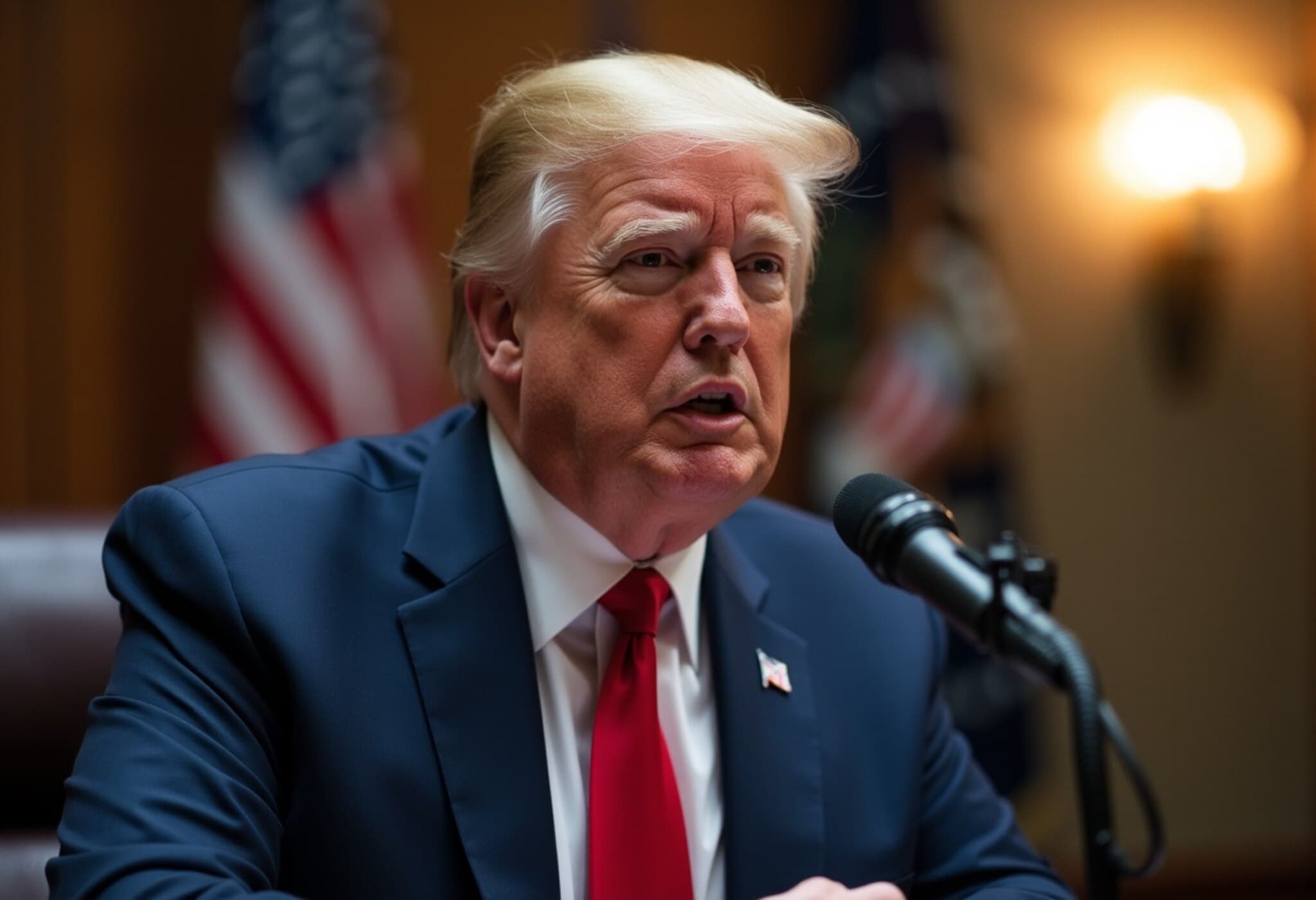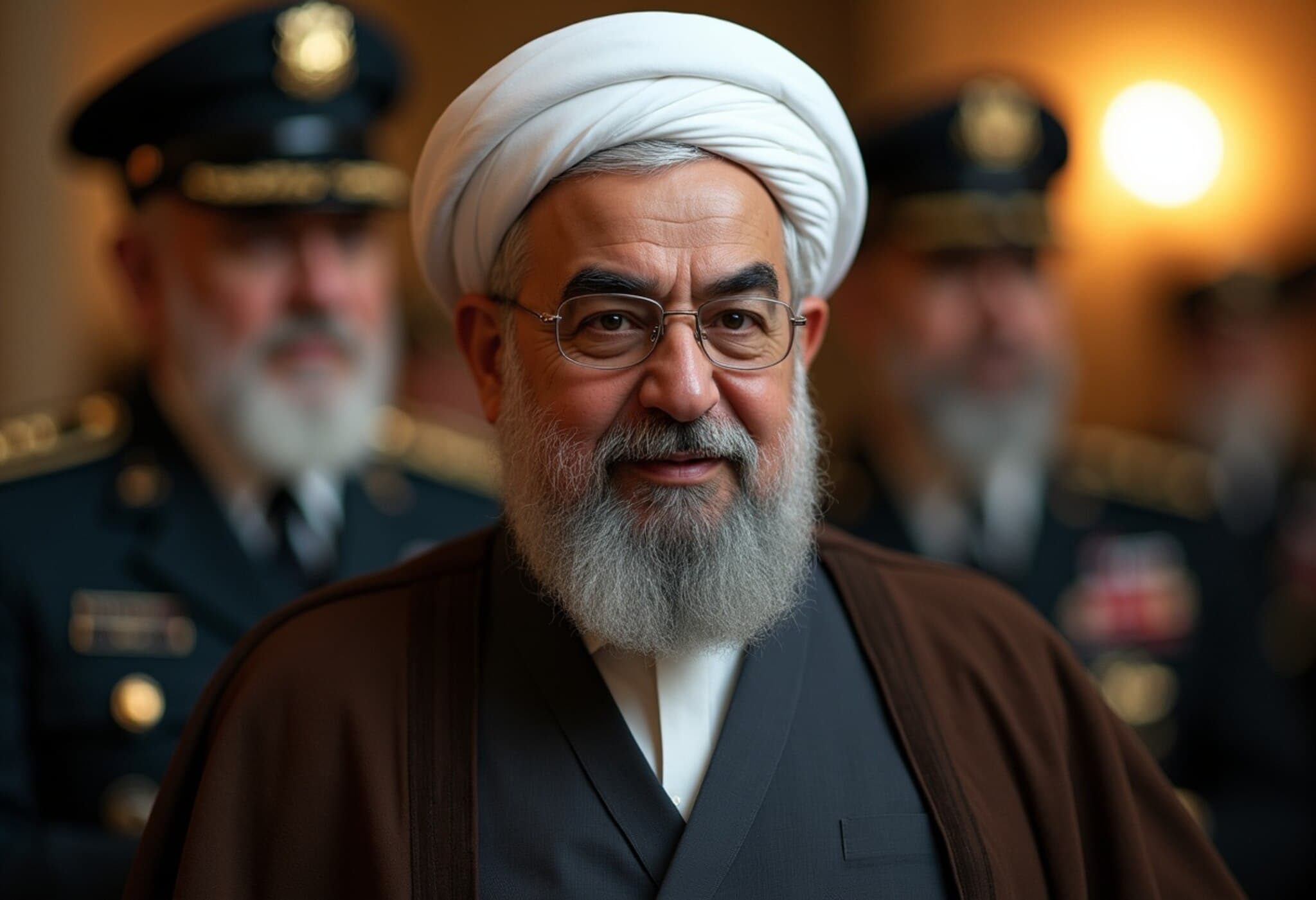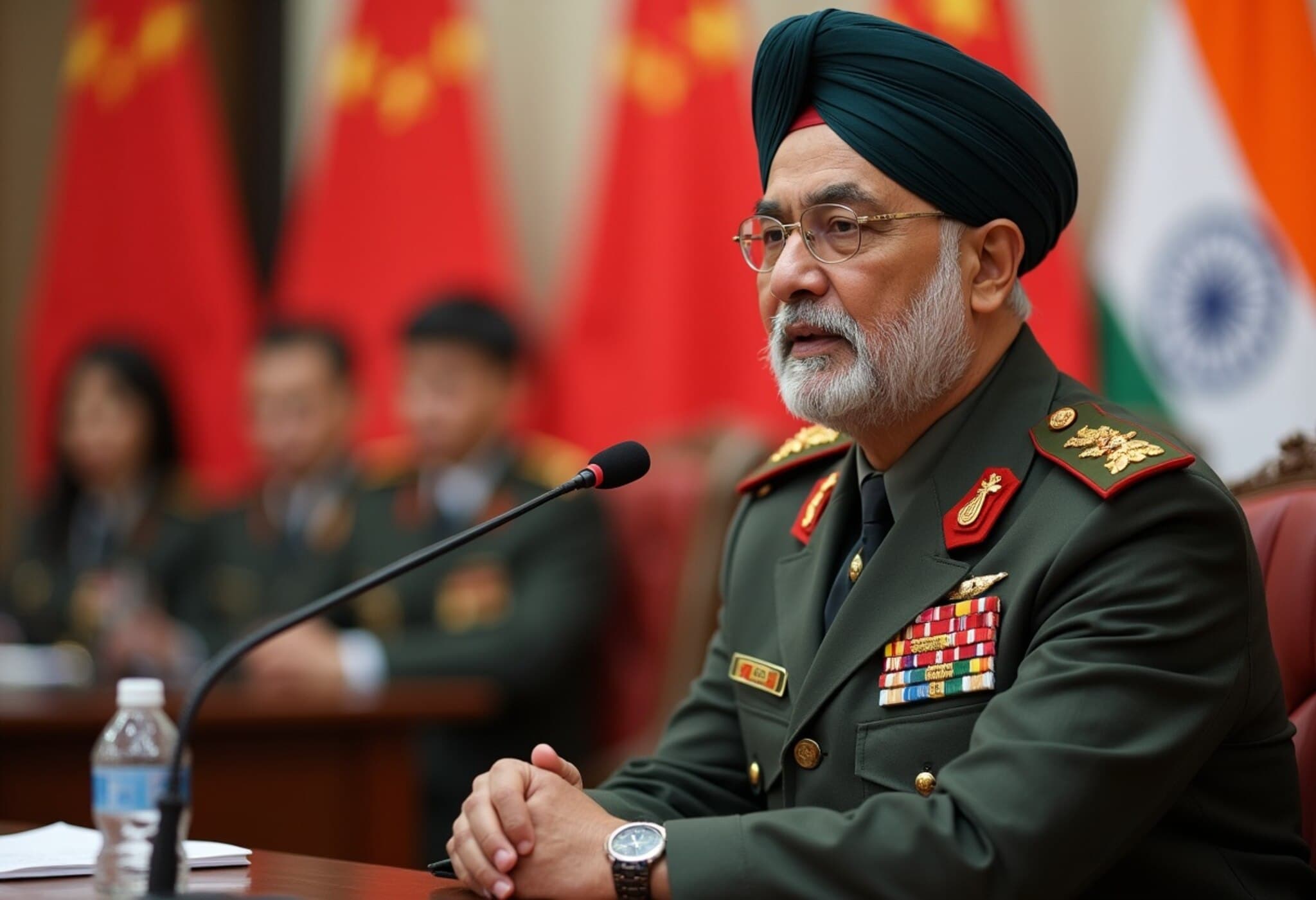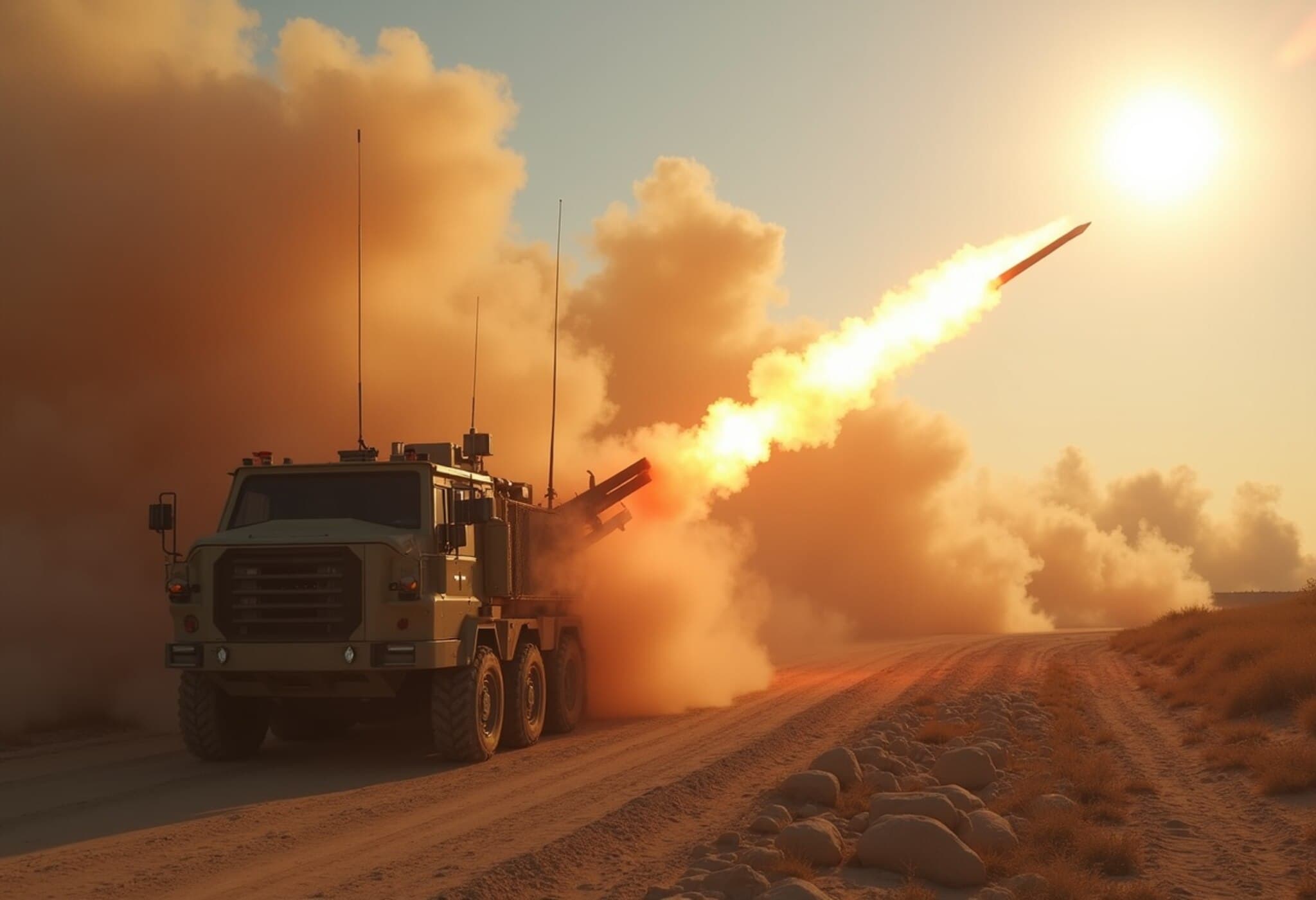Mounting Israel-Iran Conflict Sends Ripples Through Global Markets
Rising tensions between Israel and Iran have heightened geopolitical uncertainty, as both nations engage in ongoing strikes and issue fierce rhetoric. The possibility of U.S. intervention—a move warned by Russia to risk a "terrible spiral of escalation"—has pushed investors into cautious territory.
This unease showed in market behaviors recently. Although U.S. markets were closed for a holiday, futures dropped in after-hours trading. Across the Atlantic, sectors such as travel and leisure took a hit, reflecting concerns over the Middle East crisis.
Airbus Secures Billions at Paris Air Show Despite Market Worries
In a contrasting note of optimism, Airbus recorded nearly $21 billion in orders by Thursday morning at the Paris Air Show. While this underscores strong demand for aircraft, analysts caution that these large orders, alongside Boeing’s significant backlog, reflect long-term production rather than immediate economic confidence.
Investors remain on edge, seeking clearer signals regarding any potential U.S. military action against Iran before regaining steadier footing.
Market Movements: Key Updates
- U.S. futures dipped after trading resumed following the Juneteenth holiday closure.
- Oil prices for major benchmarks rose, with international benchmarks climbing almost 3%.
- China’s CSI 300 gained 0.26%, with the central bank standing firm on its monetary policy.
Meta’s Bid for AI Startup Denied Amid Talent Moves
This year, Meta made an attempt to acquire Safe Superintelligence, an AI startup founded by OpenAI co-founder Ilya Sutskever. Despite the bid and an offer to bring Sutskever onboard, the startup declined. However, its CEO and former GitHub head are joining Meta through a deal involving a shared venture capital firm.
Japan’s Inflation Hits Two-Year High, Soars in Rice Prices
Japan’s core inflation climbed to 3.7% in May, exceeding forecasts and marking the highest level since January 2023. A striking surge in rice prices—up an astonishing 101.7% year-over-year—signals significant cost pressures, the largest jump in over five decades.
Pop Mart’s Shares Tumble Amid State Media Criticism
Shares of Pop Mart, famed for its popular "blind box" collectibles, slipped sharply as state media slammed the business model. This added to investor worry, prompting a market reshuffle that replaced Pop Mart with an insurance firm in key China and Hong Kong indices.
Berkshire Hathaway Stock Dips Post-Buffett Announcement
Since Warren Buffett revealed plans to step down as CEO on May 3, Berkshire Hathaway shares have fallen by over 10%, lagging the S&P 500 by around 15 percentage points. While Buffett once predicted a stock rise upon his exit, investors currently face uncertainty about the company’s future trajectory.
The Indian IPO Scene Experiences a Slowdown
One year ago, India witnessed a surging wave of tech IPOs, spanning sectors like food delivery and electric vehicles. However, this year tells a different story. Only 99 listings have occurred so far in 2025, down from 147 in the same period last year.
Investor caution and a challenging macroeconomic backdrop have led to delays in many approved public offerings, dampening market enthusiasm.


